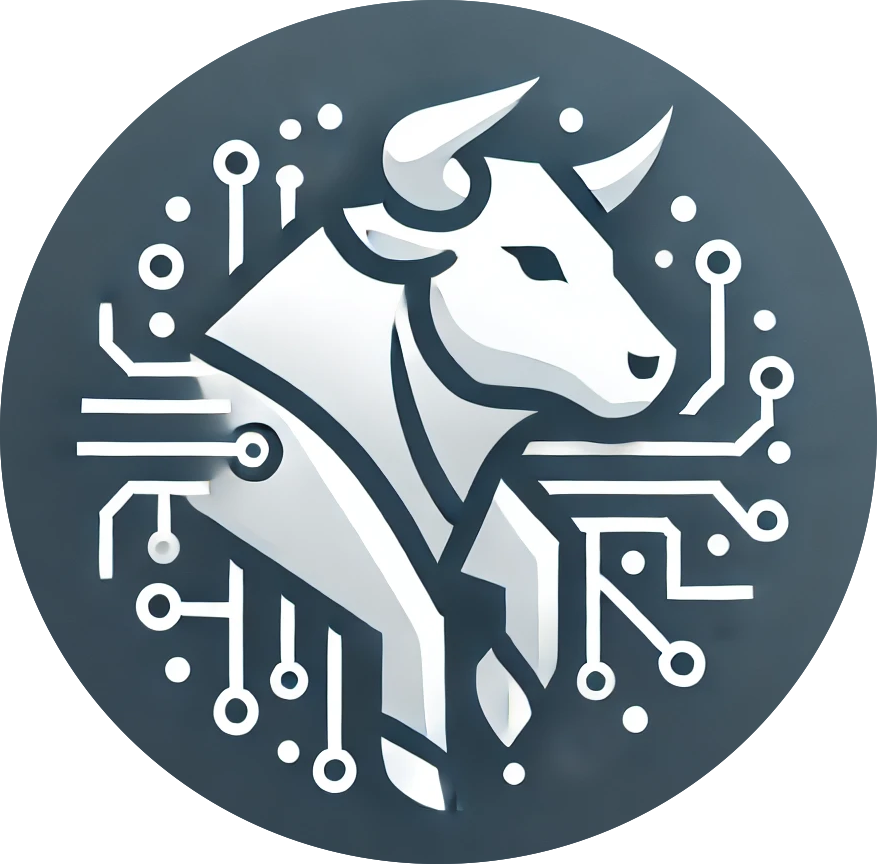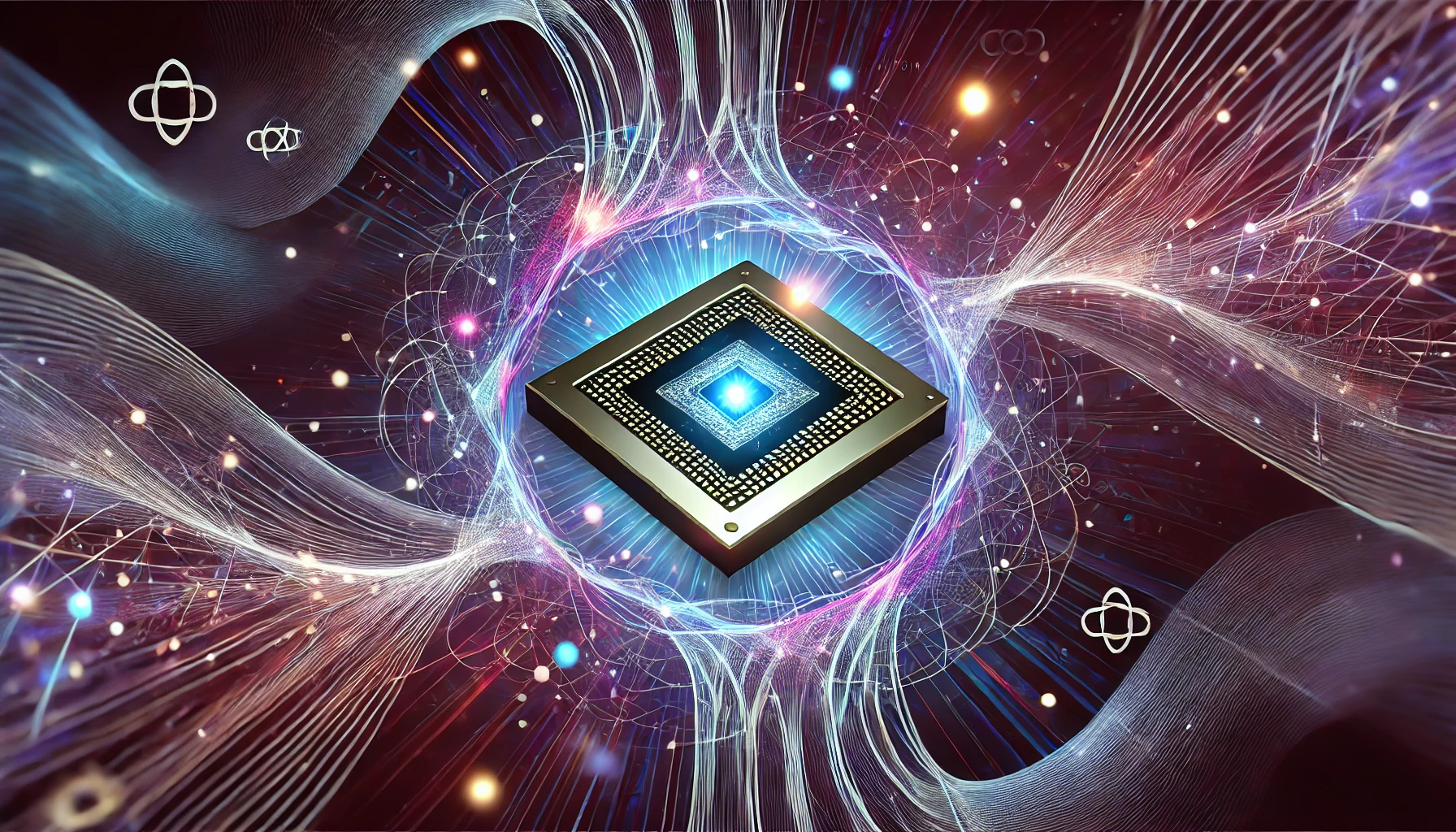Quantum computing is no longer a futuristic concept confined to research labs—it’s becoming a reality with implications for industries ranging from cryptography to optimization and beyond. As a developer, you might wonder if you need to care about quantum computing now. The answer is: yes, if not immediately for your work, then certainly for your awareness of the field’s trajectory. Let’s unpack what quantum computing is, how it differs from classical computing, and what you, as a developer, should know about it today.
What Is Quantum Computing?
At its core, quantum computing leverages the principles of quantum mechanics to process information. Unlike classical computers that use bits (0s and 1s), quantum computers use qubits, which can exist in multiple states simultaneously thanks to a property called superposition.
Key Quantum Principles
- Superposition: Qubits can represent both 0 and 1 at the same time, enabling quantum computers to perform many calculations simultaneously.
- Entanglement: Qubits can be interlinked in such a way that the state of one qubit directly affects the state of another, even if they’re far apart. This property can be used to increase computational power exponentially.
- Quantum Interference: Quantum computers use interference to amplify correct solutions and cancel out incorrect ones during computations.
Why Should Developers Care?
While quantum computers are not yet mainstream, they’re poised to revolutionize specific problem-solving domains. Here’s why it’s worth paying attention:
- Cryptography: Quantum computing threatens traditional encryption methods like RSA and ECC by solving problems exponentially faster. Developers working in security must prepare for a post-quantum cryptography world.
- Optimization: Quantum computers excel at solving complex optimization problems, making them valuable in industries like logistics, finance, and healthcare.
- Simulation: Quantum computers can simulate quantum systems, aiding in drug discovery, material science, and physics research.
Key Differences Between Classical and Quantum Computing
| Feature | Classical Computing | Quantum Computing |
|---|---|---|
| Unit of Data | Bits (0 or 1) | Qubits (0, 1, or both) |
| Processing Power | Sequential/Parallel | Simultaneous (due to superposition) |
| Error Rates | Low | High (requires error correction) |
| Applications | General-purpose | Specialized, e.g., cryptography, optimization |
Getting Started with Quantum Computing as a Developer
If quantum computing sounds intimidating, don’t worry. Here are some practical steps to ease into this domain:
1. Learn the Basics of Quantum Mechanics
You don’t need a physics degree, but understanding key concepts like superposition, entanglement, and interference will help. Plenty of resources, like YouTube tutorials and beginner-friendly books, make this accessible.
2. Experiment with Quantum Programming Languages
Several quantum programming frameworks allow you to experiment with quantum algorithms on simulators or actual quantum hardware. Popular options include:
- Qiskit (IBM): A Python-based open-source framework for working with quantum circuits.
- Cirq (Google): A Python library tailored for building and running quantum algorithms.
- Q# (Microsoft): A language specifically designed for quantum programming, integrated with the Azure Quantum platform.
Here’s an example of creating a basic quantum circuit using Qiskit:
from qiskit import QuantumCircuit, Aer, execute
# Create a Quantum Circuit with 1 qubit and 1 classical bit
qc = QuantumCircuit(1, 1)
# Apply a Hadamard gate to put the qubit in superposition
qc.h(0)
# Measure the qubit
qc.measure(0, 0)
# Execute the circuit on a simulator
simulator = Aer.get_backend('qasm_simulator')
result = execute(qc, simulator, shots=1024).result()
counts = result.get_counts()
print("Measurement results:", counts)3. Understand Quantum Algorithms
Some well-known quantum algorithms worth exploring include:
- Shor’s Algorithm: Breaks down large numbers into their prime factors efficiently, threatening RSA encryption.
- Grover’s Algorithm: Speeds up unstructured search problems, useful in database queries.
- Quantum Fourier Transform (QFT): Forms the foundation for many quantum algorithms.
4. Access Quantum Hardware via Cloud Platforms
You don’t need to own a quantum computer to experiment. Leading tech companies offer access to quantum processors through the cloud:
- IBM Quantum Experience: Free and paid access to IBM’s quantum systems.
- Google Quantum AI: Tools and documentation for quantum research.
- Azure Quantum: Microsoft’s cloud-based quantum ecosystem.
5. Stay Informed
Quantum computing is evolving rapidly. Stay updated by following:
- Blogs and forums like IBM Quantum and Quantum Computing Stack Exchange.
- Academic papers for cutting-edge developments.
- Online courses on platforms like Coursera, edX, or Brilliant.
Challenges in Quantum Computing
- Error Rates: Qubits are prone to errors due to environmental factors.
- Scalability: Building larger, more stable quantum computers remains a technical hurdle.
- Specialization: Quantum computing is not a replacement for classical computers but a complement for specific tasks.
Conclusion
Quantum computing is an exciting frontier with the potential to revolutionize industries. While it’s still in its infancy, developers who start learning now will be better positioned to leverage its capabilities as it matures. Begin by exploring quantum programming frameworks, experimenting with algorithms, and staying informed about advancements in the field. The quantum future is closer than you think—start preparing today!

